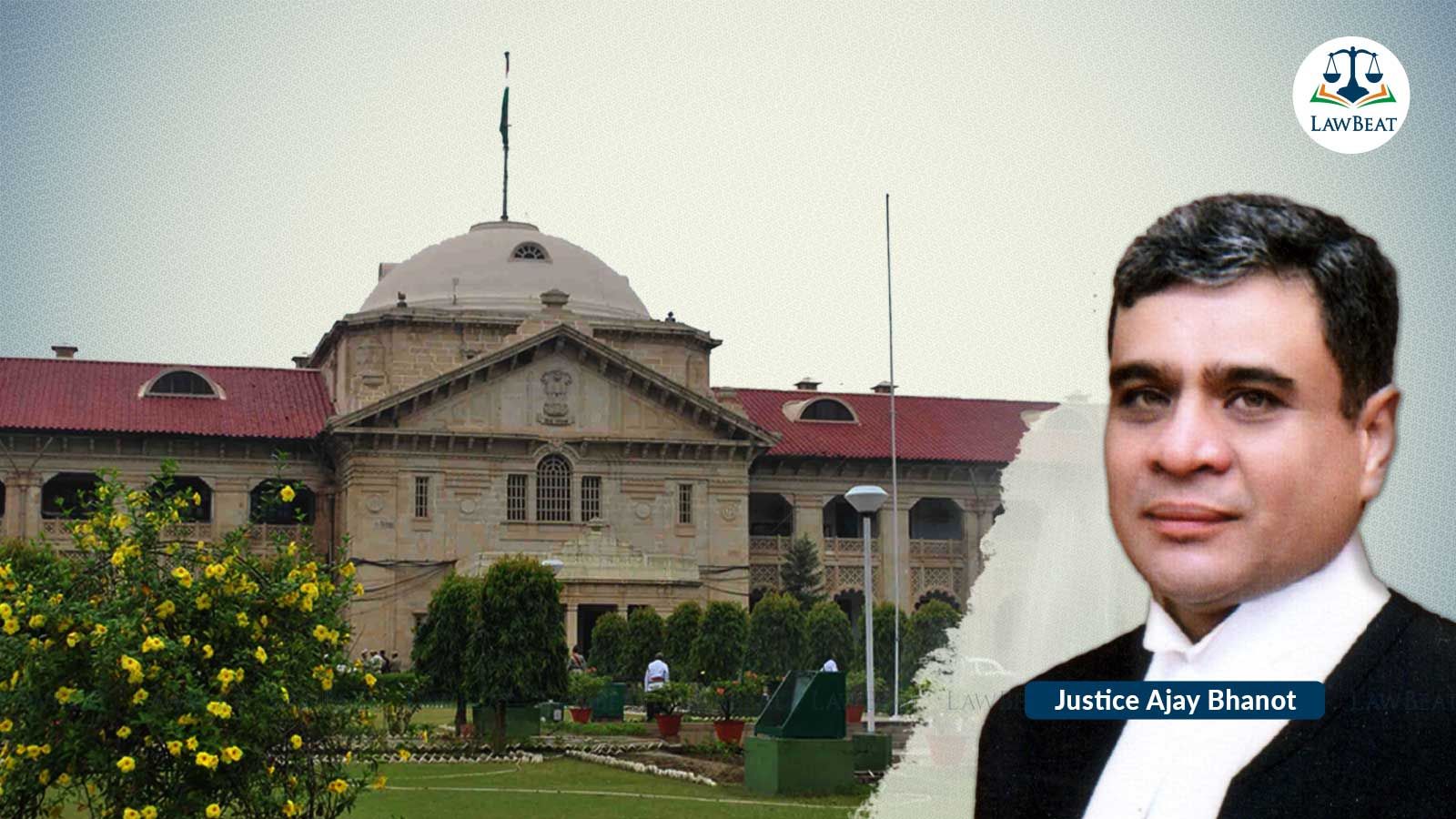Recurring Theme of Delayed Trials Due to Police's Failure in Ensuring Appearance of Witnesses: Allahabad High Court

A status report had been sent to the high court by the trial courts which revealed that the trials were being delayed as the police authorities did not serve summons and execute coercive measures in a timely manner to compel the appearance of the witnesses on the appointed date in the trial
The Allahabad High Court recently observed that the State police's failure to serve summons and execute coercive processes issued by the court to ensure witness attendance in criminal trials infringes upon the fundamental rights of the accused. These rights include a speedy trial and timely access to bail, said the court.
The bench of Justice Ajay Bhanot took note of the status reports sent by the trial courts revealing that the trials were being delayed as the police authorities did not serve summons and execute coercive measures in a timely manner to compel the appearance of the witnesses on the appointed date in the trial.
Court added that prolonged incarceration of accused persons due to delay in trials violates the fundamental liberties of the accused guaranteed under Article 21 of the Constitution of India, when the trial is inordinately delayed for no fault of the accused.
"Right to a speedy trial is a fundamental right flowing from Article 21 of the Constitution of India," said the court while referring to the case of Hussainara Khatoon & Ors. Vs. Home Secretary, State of Bihar.
Moreover, court pointed out that Chapter VI of the Code of Criminal Procedure, 1973 contemplates a graduated process of coercive measures to compel the appearance of the accused and witnesses.
"Summons, bailable warrants and non bailable warrants are directed to police officers. Duty is imposed by the Cr.P.C. upon police authorities to serve the summons, execute other coercive measures like bailable warrants and non-bailable warrants issued by the courts in a time-bound manner," it emphasised.
Court held that failure to serve summons or execute warrants by police officers and absence of official witnesses constitute offences affecting the administration of justice and the courts are duly empowered under the Code to take out penal proceedings against defaulting police officials.
Further, the high court stressed that:
"Scale of the problem is so vast that taking out criminal or contempt proceedings in every matter against erring officials would also mire the police and other State departments in excessive and avoidable litigation. Legal proceedings of this nature would drain away scarce resources of the police force from its core tasks of policing, investigations and discharging statutory duties under the Cr.P.C."
Court, therefore, said that in such cases, the powers of the courts to draw criminal proceedings or even contempt proceedings against the erring police officials have to be supplemented by effective departmental procedures delineating responsibility and fixing accountability in the police.
"An independent and effective internal accountability system in the police force for ensuring service of summons, and execution of coercive processes in a time bound framework may well be the need of the hour," underscored the single judge bench.
Further, proposing potential solutions to address the matter, the court suggested that appointment of nodal officers at various levels for compelling appearance of witnesses may be an effective measure to deal with the crisis situation.
Furthermore, court emphasised that "the statutory obligation imposed upon the police authorities to compel appearance of witnesses on orders of the courts have to be incorporated in the charter of duties of the nodal officers to which they shall be accountable".
The police authorities cannot turn a Nelson’s eye to departmental shortcomings and senior officials cannot evade responsibility, said the court.
In an effort to achieve a solution to the problem at hand, court directed that a copy of the order be served upon the Director General of Police, Government of U.P., Director General (Prosecution), Home Secretary, Government of U.P., Legal Remembrancer/Principal Secretary (Law), Government of U.P., Lucknow and Director, JTRI, Lucknow.
The observations were made in a bail plea seeking release of accused on bail in a case registered under Sections 147, 148, 149 and 302 of the IPC and Section 7 Criminal Law Amendment Act. The applicant was already on interim bail granted by the high court on July 21, 2023.
Court took into consideration the inordinate delay in the trial and the applicant's no criminal history and allowed him bail.
Case Title: Bhanwar Singh @ Karamvir v. State of UP
